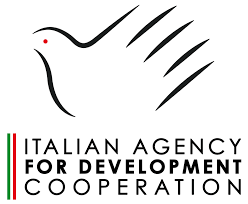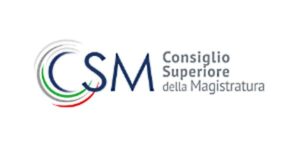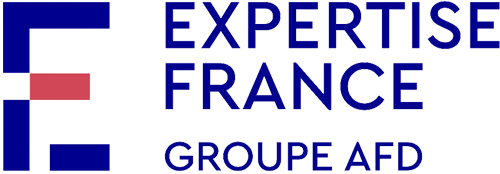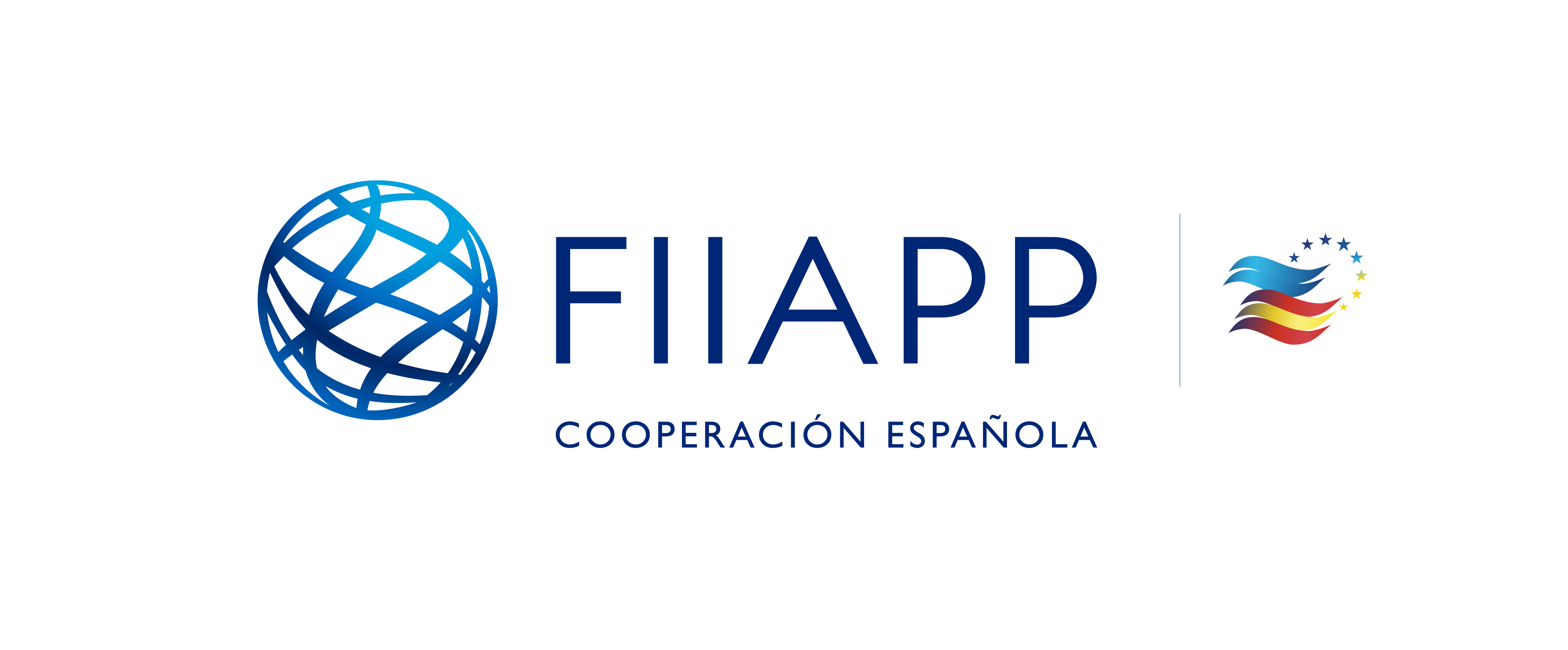Implementing Partners
EU4Justice Project is implemented by a Consortium led by AICS (Italy) in association with the Italian High Judicial Council (CSM) and in partnership with FIIAPP (Spain) and Expertise France (France)
Home / About Us
EU4Justice Project is implemented by a Consortium led by AICS (Italy) in association with the Italian High Judicial Council (CSM) and in partnership with FIIAPP (Spain) and Expertise France (France)
Home / About Us


AICS has been financing and implementing development cooperation projects in Albania since 1991. The global amounts of funds made available through concessional loans, grants, debt conversion and emergency aid in the country, equals nearly 1 billion Euro. Since 1991 capacity building and local development – with an enhanced focus on good governance and decentralization – is an AICS priority to the country. AICS competitive advantage is that it combines specific sector and thematic specialized expertise in the sector of support to local Ministries and Administration.

AICS has an outstanding experience and an extensive track-record worldwide in supporting development programs in the fields of justice, governance and rule of law. AICS – through the strategic document (Documento Triennale di Programmazione e Indirizzo 2019- 2021) – attributes utmost importance to “the crucial link between development, respect for human rights, democratic principles and good governance, and follows an approach based on the sharing of the principles of universality, human rights indivisibility, inclusion and participation in decision-making processes, non-discrimination, equality and equity, accountability and transparency, as set out in the European Consensus for development. AICS Tirana has all the necessary organizational, managerial and human capacity for executing successfully the proposed European Action. AICS headquarters in Rome, equipped with a Technical Unit dedicated to European projects, will fully support AICS Tirana with all the necessary technical and managerial expertise, as well as with backstopping, where necessary.
AICS has contributed to this Action with an amount of 900.000 EUR, for technical assistance and institution building activities to the Project beneficiaries.


The Italian High Council of the Judiciary (Consiglio Superiore della Magistratura – CSM) is the self-governing body of the judiciary, and was set up by the Italian Constitution (Articles from 104 to 107), with its activities starting in 1958.
The CSM is a body that performs basically administrative functions. It is not part of the Public Administration, as it is not connected to the organisational system directly under the control of the State or Regional governments. It has currently a staff of about 250 employees, which work in ten different administrative Committees and other Divisions. The CSM administrates almost 9,000 professional judges and prosecutors and a relevant number of lay judges, close to further 9,000. The CSM is thus the highest-ranking body in charge of the administration of judicial activities. The Judicial Councils and the heads of individual courts and prosecuting offices also co-operate with different duties.
The Italian High Council of the Judiciary (Consiglio Superiore della Magistratura – CSM) is the self-governing body of the judiciary and guarantees the autonomy and independence of magistrates. It has constitutional relevance as expressly provided for by the Italian Constitution, which outlines its composition (art. 104) and tasks (art. 105). It is a body that performs basically administrative functions. It is not part of the Public Administration, as it is not connected to the organizational system directly under the control of the State or Regional governments. To guarantee the autonomy and independence of the judiciary from the legislative and executive powers to the maximum, the CSM is chaired by the President of the Republic who is a member by right like the President of the Supreme Court of Cassation and the Prosecutor General at the same Court.
With regards to the functions assigned to it by the Constitution, the CSM has been defined as “a body of clear constitutional importance”. Its functions, which may be defined as the “administration of the judiciaries’ activities”, hinge primarily on the administration of judiciary members and on the self-organisation of judicial and prosecution offices. The CSM is responsible for the employment, assignment/transfer, promotion, professional evaluation and disciplinary measures concerning judges and public prosecutors, and also for the organisation of the judicial offices with a view to ensuring and guaranteeing that each and every member of the judiciary is subject “only to the law” when carrying out his duties.
In this latter respect, it should be stressed that further to a proposal by the Presidents of the Appeal Courts, and after consulting the Judicial Councils settled in each judicial district, the CSM approves the organization set-up of staff in the courts of each district every two years and at the same time approves objective and predetermined criteria for assigning case files to individual judges.
The CSM comprises a General Assembly (the so called “Plenum”), that is the unique body empowered to express the CSM will by formal deliberations, and by ten stan standing committees that are responsible for proposals only. Each department has administrative competence for a specific subject (appointment; transfer; evaluation; promotion; and so on).

